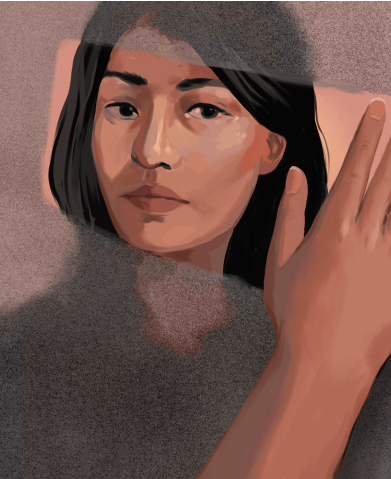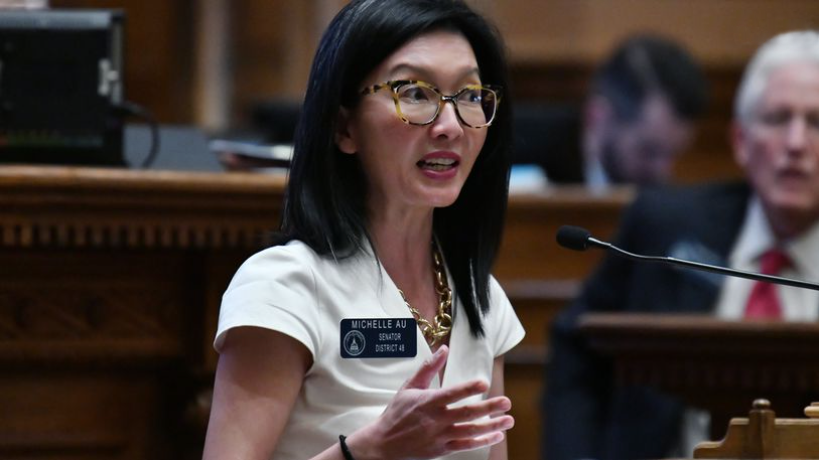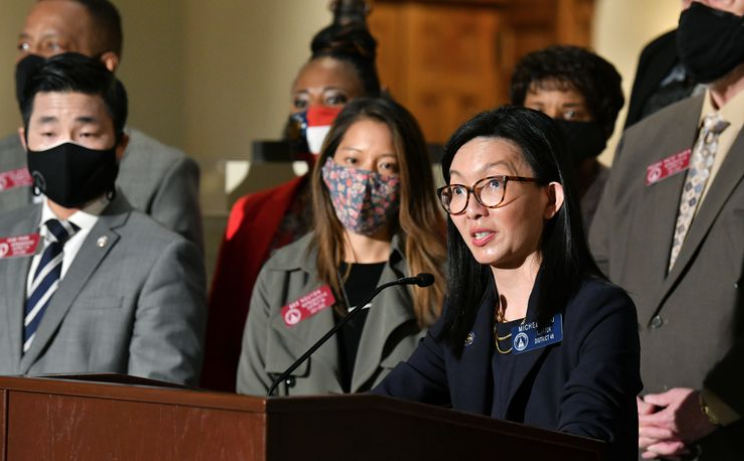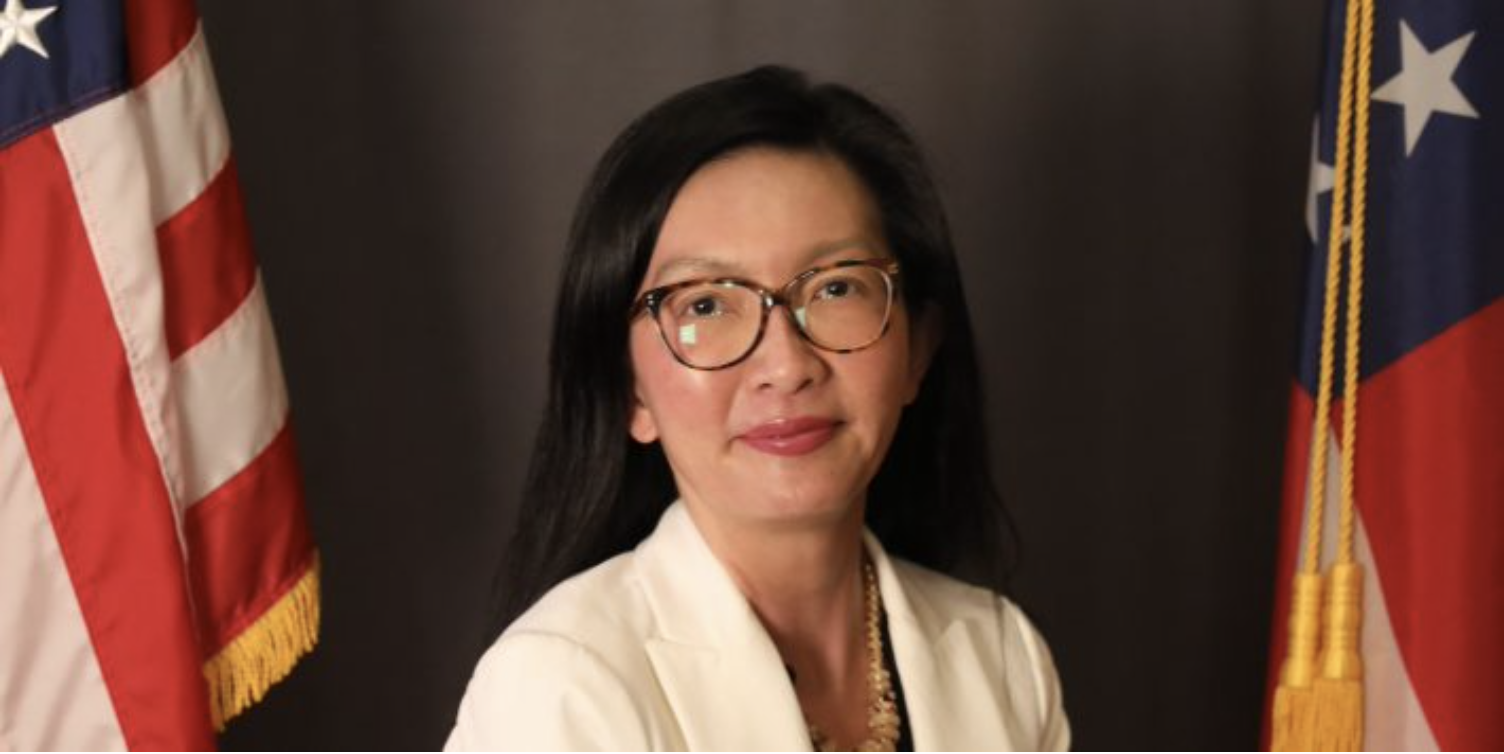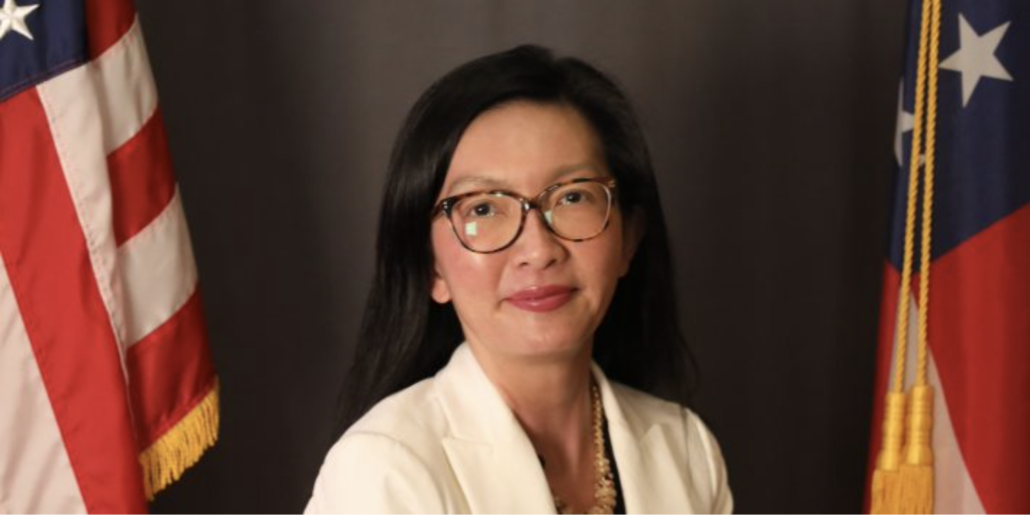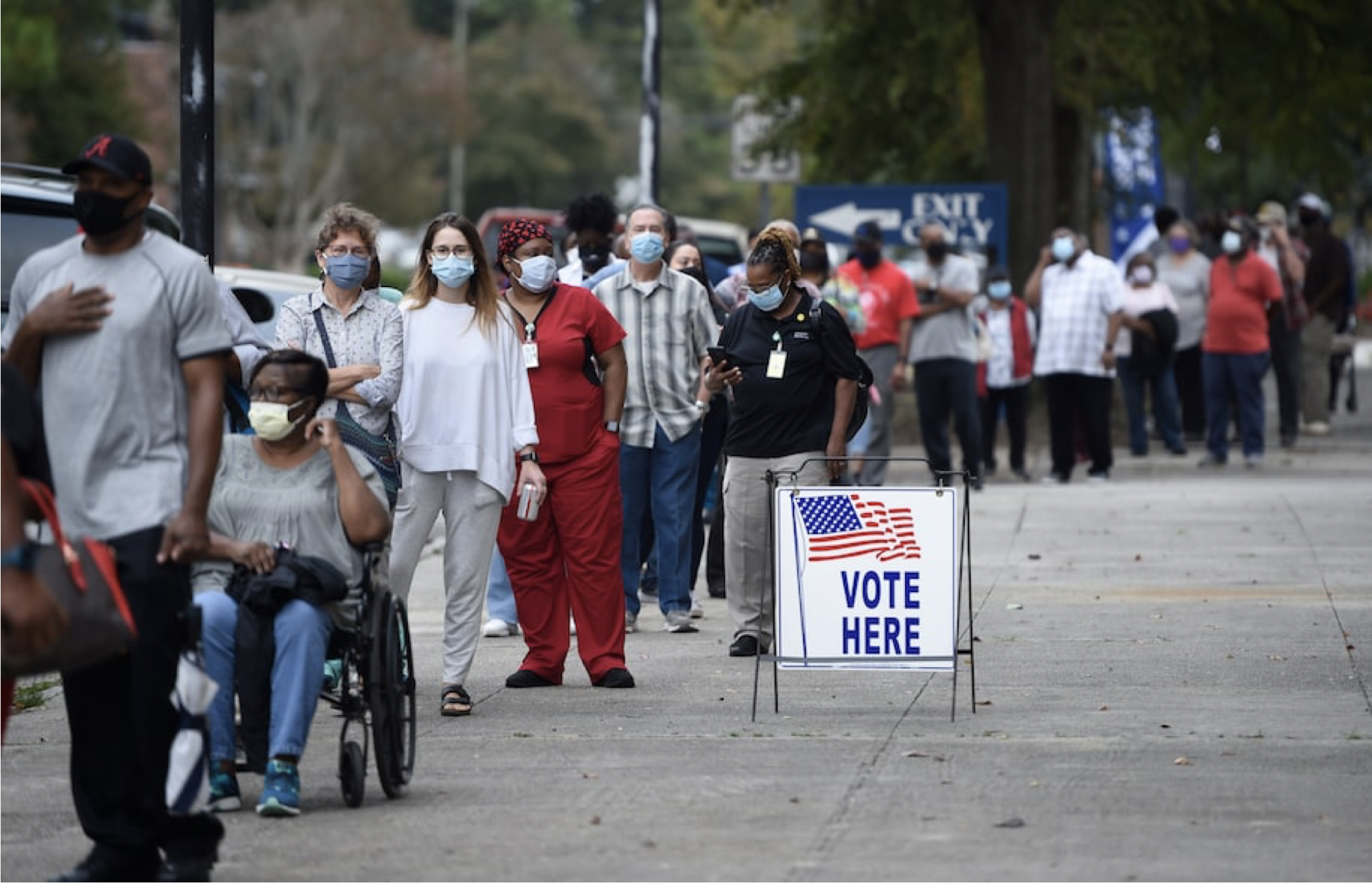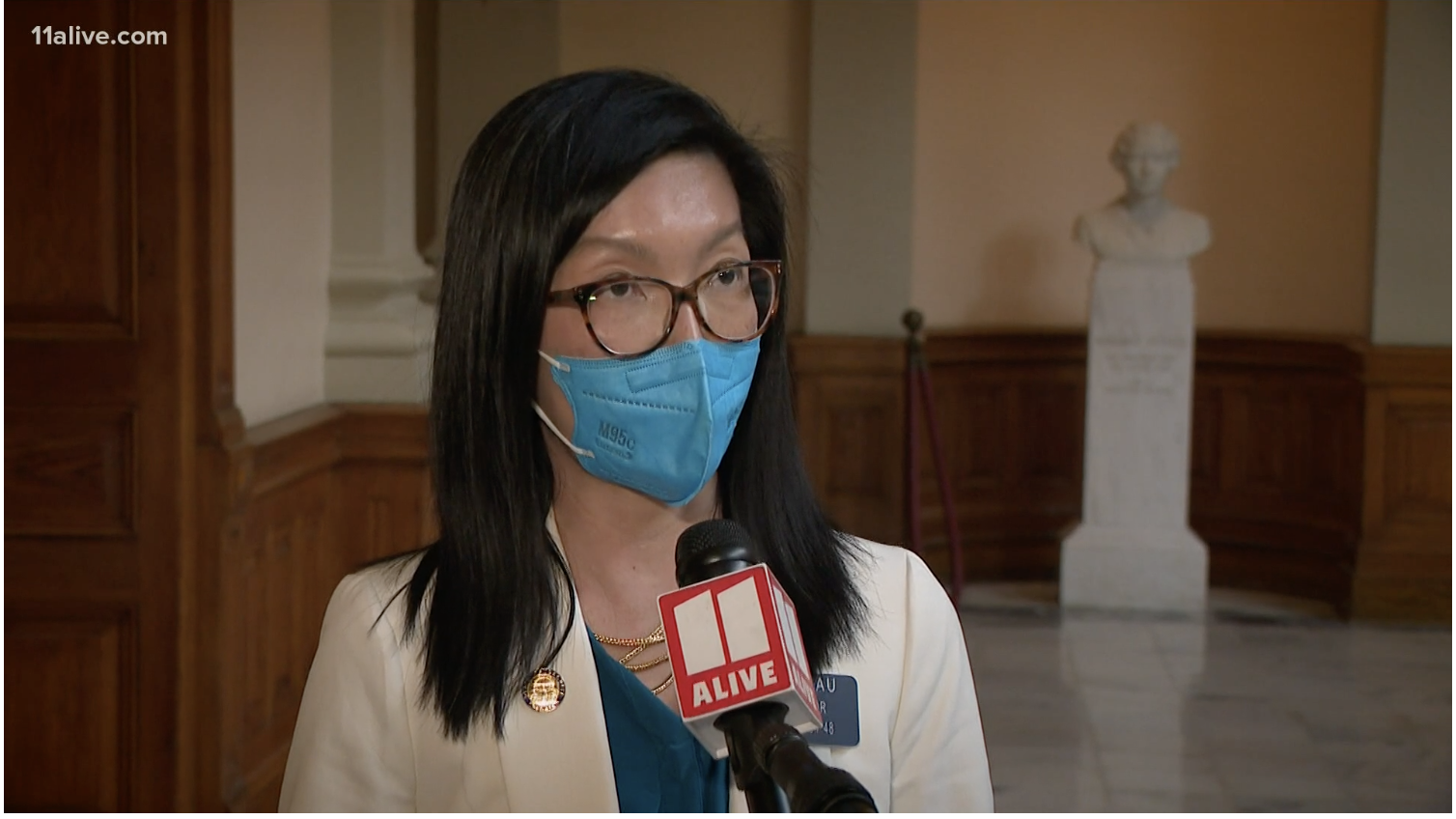The Fight Against Invisibility
By Amy Yee ’96
Illustrations by Nicole Xu
Fall 2021
A memory from the start of the COVID-19 pandemic remains indelible. It was early March 2020, and schools and businesses were yet to close down. But already a gnawing sense of foreboding loomed, apart from the virus itself.
My fears were confirmed by a LinkedIn post from an Asian American friend. He was in Central Square in Cambridge, Mass., when a man menaced him on the street, blamed him for the virus, and continued threatening him even when police arrived on the scene.
I was already worried about the potential impact on Asians in the U.S. who might be irrationally targeted because the virus had originated in China. Thousands of innocent people in China itself would be sickened by COVID-19 or die, but those tragic facts could be overshadowed by ignorance, anger, fear, and knee-jerk racism.
I was especially concerned because my mother, an immigrant in her 70s born in Hong Kong, takes the T to work in Boston’s Chinatown every day. She has continued to do so throughout the pandemic.

